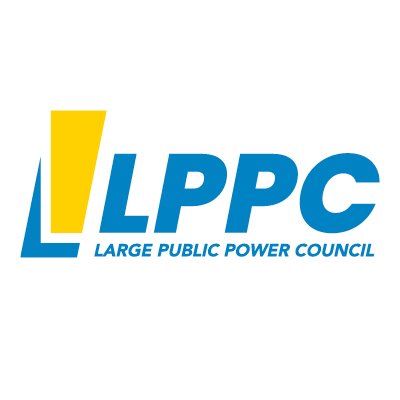The Large Public Power Council (LPPC) has welcomed Nashville Electric Service (NES) as its newest member. With the addition of NES, LPPC now represents 28 of the largest public power systems that collectively serve 30.5 million Americans across 22 states and Puerto Rico.
“Energy policy has major influence on our quality of life, and NES is honored to join the Large Public Power Council,” says Teresa Broyles-Aplin, President and CEO of Nashville Electric Service. “As one of the largest energy providers in the Tennessee Valley, we intend to utilize these opportunities to advocate on behalf of our rate payers.”
Founded in 1939, NES is now one of the 11 largest public utilities in the nation. NES distributes power to more than 430,000 customers, including all of Nashville and Davidson County and parts of the six surrounding counties. NES employees are committed to maintaining nearly 5,900 miles of distribution and transmission lines daily. NES is overseen by a five-member board, appointed by the mayor and confirmed by the Metro Council.
“I’m thrilled to welcome NES to LPPC,” said John Di Stasio, President of LPPC. “With deliberations over energy policy taking center stage in Washington, LPPC eagerly anticipates the valuable contributions and expertise that NES will bring to the table. I know NES’ involvement will strengthen LPPC’s ability to share public power’s story in Washington and advocate for federal policy that enables our members to continue powering communities with clean, reliable, and affordable power.”
The addition of NES enhances LPPC’s commitment to ensuring America’s largest public power systems have a robust voice in Washington, D.C. LPPC’s members are not-for-profit utilities accountable to the communities they serve. Across 22 states and Puerto Rico, LPPC members represent every region of America, each with its own unique energy profile. With energy policy emerging as a priority issue for lawmakers on both sides of the aisle, it’s never been more important that LPPC continues to advocate for policy and regulation that supports public power as systems continue to deliver some of the cleanest, most reliable, and most affordable energy in the U.S.
To learn more about LPPC, please visit www.lppc.org.
Tags:
